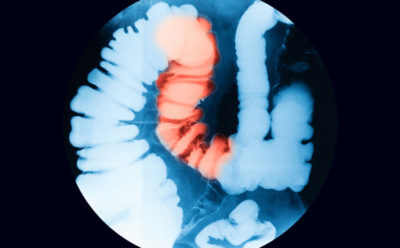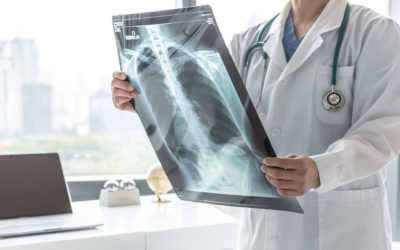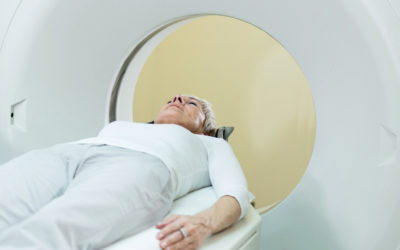Dexa
DEXA scans (which stands for Dual-Energy X-Ray Absorptiometry) are an advanced test available for measuring bone density. If a loss of bone mass is discovered, especially early, patients can receive treatment to prevent breakage and further loss.
We are proud to offer this advanced test and echoes the National Osteoporosis Foundation’s recommendation that women over 65 should get a DEXA scan every two years to diagnose bone density loss and hopefully prevent osteoporosis.
For More Information
Call 706-632-4248
Related Services and Conditions
Fluoroscopy
Sometimes doctors need to see more than a still image to diagnose or treat a problem. Fluoroscopy is a test that uses a steady beam of x-rays (like a movie) to look at parts of the body and movement within the body, such as blood moving through a blood vessel....
Low Dose CT Scans
Fannin Regional Hospital offers low-dose CT screenings for patients who might be at risk for lung cancer, including smokers and former smokers. Here are three things to know about lung cancer screening: Lung cancer screening has been shown to decrease the risk of lung...
Diagnostic Imaging
At Fannin Regional Hospital and Riverstone Imaging Center, diagnostic imaging is used to create a graphic depiction of the structures and functions of the body’s organs and other internal systems. These images are used to examine and diagnose certain medical...
ACR Accredited Digital Mammography
Digital mammography uses computers and specially designed digital detectors to produce an image that can be displayed on a high-resolution computer monitor and can be transmitted and stored like any computer file. For patients, having a digital mammogram is very much...
CT Scan
Thanks to CT scanning (computed tomography, often called a “CAT” scan) doctors can view a “slice” of the human body painlessly. Often used to diagnose life-threatening conditions and issues like cancer, blood clots, infections, lung and liver disease, head and spine...






